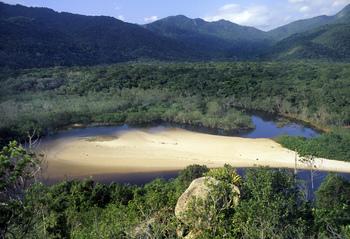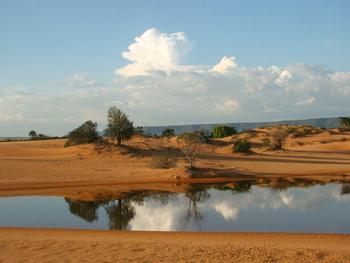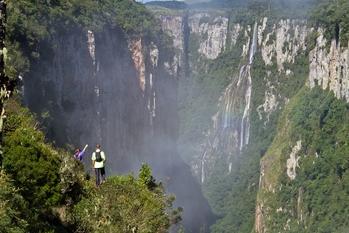Context
Brazil is home to around 20 per cent of global biodiversity, which represents the highest level of biodiversity in the world. In order to preserve this natural heritage, in 2000 Brazil created the national system of conservation units (Sistema Nacional de Unidades de Conservação, SNUC). At the beginning of the project in early 2013, the SNUC covered an area of 1.5 million square kilometres. It protects about 15 percent of Brazil's land area and 1.5 percent of its marine area – a total area about four times as large as Germany. In addition to the federal government, federal states, municipalities and private conservation units now contribute an appreciable part of the total number of conservation units.
Proactive regulatory tools and capacity for effective management of the protected areas are needed in order to achieve the goals agreed at international level under the Convention on Biological Diversity (Aichi Biodiversity Targets) and the Brazilian biodiversity goals. There is a shortage of administrative staff for the protected areas and insufficient provision of training for employees. Many conservation units lack management plans and basic infrastructure. There is room for more dialogue with the public, politicians and business leaders. Instruments for sustainable financing have not yet begun to take effect.
The investment needs for the SNUC are estimated at about EUR 1 billion. Ongoing protection and management tasks require about EUR 500 million every year.
Objective
The authorities responsible for the Brazilian SNUC have increased their capacity and expertise. They have tools for better management and financial sustainability of the system and can mobilise the public interest in issues relating to conservation areas.


